Sourcing borehole drilling machines presents a variety of advantages for businesses and projects. The platform offers a diverse range of drilling rigs, including full automatic water well drilling rigs, pneumatic drilling machines, and multifunctional hydraulic crawler drilling rigs. These machines are designed to cater to different drilling depths and conditions, which is crucial for the varied geological landscapes. The availability of different types of drilling rigs, from small-scale models suitable for tight spaces to larger, truck-mounted units for deep borehole drilling, ensures that buyers can find the right equipment for their specific project needs.
The global reach means that buyers have access to a wide selection of drilling machines, including the latest models with advanced features such as full automation and hydraulic control systems. This access to a broad inventory allows for a more informed decision-making process, ensuring that the chosen drilling machine aligns with the project's requirements. Additionally, the competitive pricing can lead to cost savings, which is a significant consideration for any project budget. The platform's user-friendly interface and search functionality make it easier for buyers to compare different models, features, and prices, further simplifying the procurement process.
The platform also provides detailed product descriptions and specifications, which are essential for buyers to understand the capabilities and limitations of the drilling rigs. This information can help in selecting a machine that not only meets the technical demands of borehole drilling in Kenya but also adheres to safety and operational standards. By offering a range of options and transparent information, the platform empowers buyers to make choices that optimize their operations and enhance drilling efficiency.





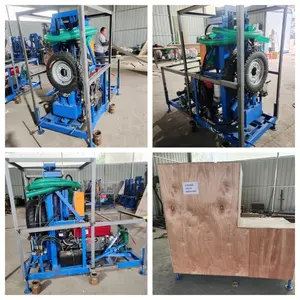

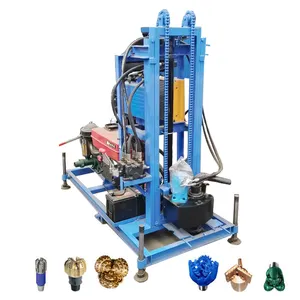


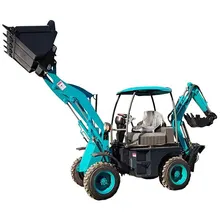


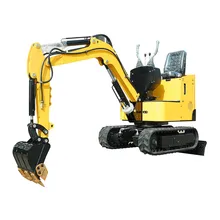
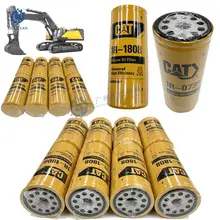
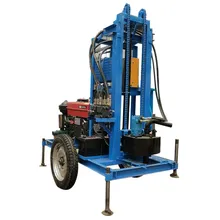



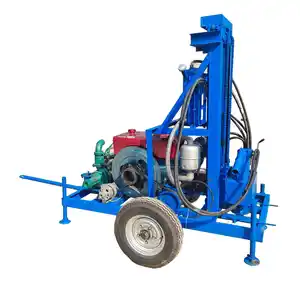















 浙公网安备 33010002000092号
浙公网安备 33010002000092号 浙B2-20120091-4
浙B2-20120091-4